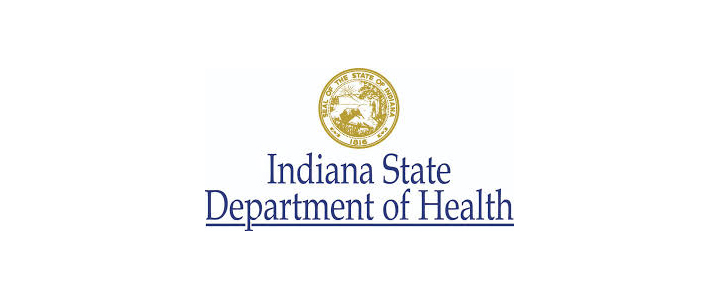INDIANAPOLIS—The Indiana State Department of Health (ISDH) announced Friday, March 20 that a third Hoosier has died of COVID-19. The patient is an adult resident of Marion County over age 60 who had been hospitalized.
ISDH reported 23 new cases of COVID-19 today, bringing to 79 the number of Hoosiers diagnosed through ISDH, the Centers for Disease Control and Prevention and private laboratories. All but one are adults.
“Losing a loved one is devastating, and it’s troubling to see the toll that COVID-19 is taking on elderly residents here in Indiana and across the country,” said State Health Commissioner Kris Box, M.D., FACOG. “I implore Hoosiers to continue to stay home if they’re sick and practice social distancing so that we can halt the spread of this virus and protect the most vulnerable among us.”
COVID-19 is a respiratory illness caused by a novel, or new, coronavirus that has not been previously identified. The virus causing COVID-19 is not the same as the coronaviruses that commonly circulate among humans and cause mild illness, like the common cold. There is no vaccine and no treatment. Human coronaviruses most commonly spread from an infected person to others through:
- Human coronaviruses most commonly spread from an infected person to others through:
- Respiratory droplets released into the air by coughing and sneezing;
- Close personal contact, such as touching or shaking hands;
- Touching an object or surface with the virus on it, then touching your mouth, nose, or eyes before washing your hands; and
- Rarely, fecal contamination.
The best ways to protect yourself are to wash your hands often with soap and water for at least 20 seconds, avoid touching your face with unwashed hands, avoid close contact with people who are sick, stay home when you’re sick, cover your cough or sneeze and clean and disinfect frequently touched objects and surfaces.
The CDC does not recommend that people who are well wear a facemask to protect themselves from respiratory illnesses, including COVID-19. You should only wear a mask if a healthcare professional recommends it. A facemask should be used by people who have COVID-19 and are showing symptoms to protect others from the risk of infection.
This is an ongoing situation and is evolving rapidly. For more information, including a list of frequently asked questions, visit in.gov/coronavirus and subscribe for updates. Future updates will also be posted to this website.
